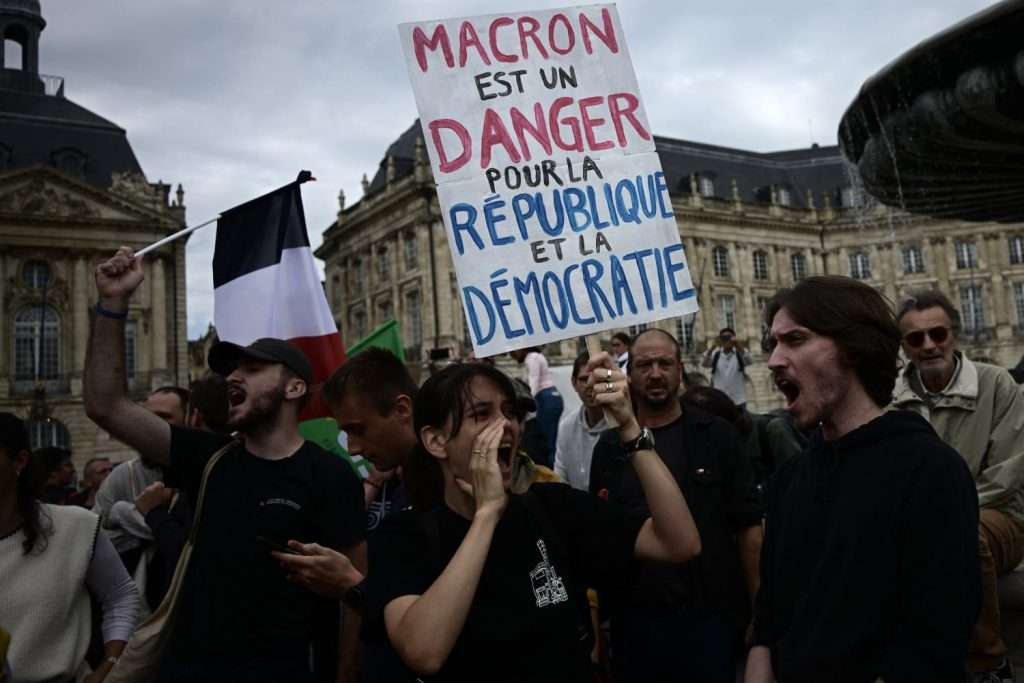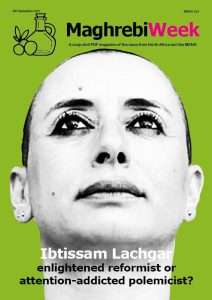France appoints new Prime Minister amid nation-wide protests

France has ousted its third Prime Minister in less than 2 years, forcing the French President to find yet another replacement. With the country facing a nationwide protest, critics within Élysée Palace might now be calling for Macron himself to step down.
24 hours after a vote of no confidence, François Bayrou was booted out as head of government on September 8. Macron’s close ally and fellow conservative, Sébastien Lecornu, was chosen to fill the power vacuum. Bayrou was rejected by 364 of the chamber’s 574 members, according to Atalayar on September 9.
This marks the second vote of no confidence cast under Macron’s tenure as head of state, with only three successful instances in France’s democratic history.

74-year-old Bayrou had proposed $51.48 billion in budget cuts and decided to put his plans to a vote, resulting in France’s National Assembly deciding to oust his government. His proposal to cut $5.85 billion from health spending, freeze pensions, and eliminate two public holidays sparked widespread protests and fierce opposition from left-wing factions.
The French public, frustrated with what they see as their government’s negligence and incompetence, has planned nationwide shutdowns to halt the country’s entire economy for a day in a movement called “Block Everything” (“Bloquons Tout”) set for September 10.
More than 100,000 people are expected to participate in the protests, and so far, nearly 200 people have been arrested across France, broadcaster BFM TV reported.
His downfall underscored Macron’s fragile approval ratings and the widening political divide in France. According to Vyacheslav Volodin, speaker of the Russian State Duma, on September 9, deputies are now also calling for Macron to resign along with the dissolved Cabinet of ministers, but the French leader “will try to cling to power by any means possible, despite political parties already announcing their intention to file an impeachment motion.”
The newly appointed Lecornu’s immediate task is to tackle France’s spiralling budget crisis and public debt, which hit $3.86 trillion earlier in 2025 and represents 114% of the country’s economic output or GDP.
Speculation had swirled that Macron might appoint a figure from the left, such as Socialist Party leader Olivier Faure. Instead, he turned to his loyal collaborator, Lecornu, the only minister to remain in government since Macron first assumed the presidency in 2017.
This makes Lecornu the fifth prime minister in what has been a turbulent legislature since Macron’s narrow victory over Marine Le Pen in the 2022 presidential election, and the third in less than a year, reflecting the deep political and social instability that continues to grip France.
Atalayar/ Anadolu Agency/ Maghrebi
Want to chase the pulse of North Africa?
Subscribe to receive our FREE weekly PDF magazine













